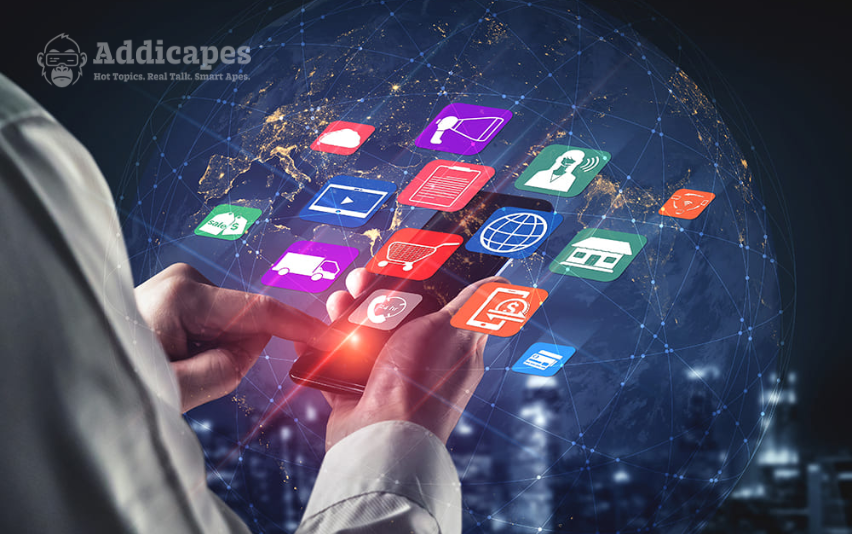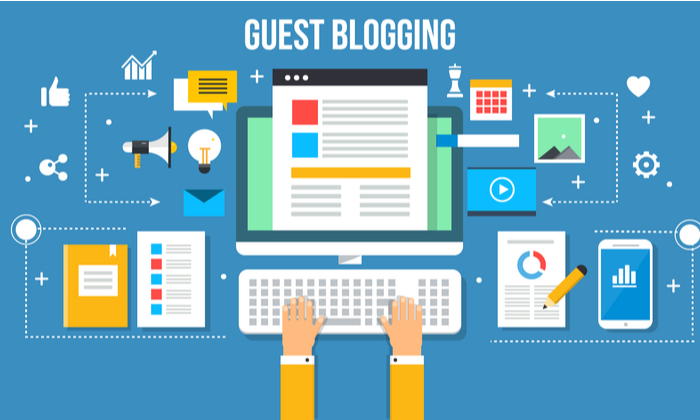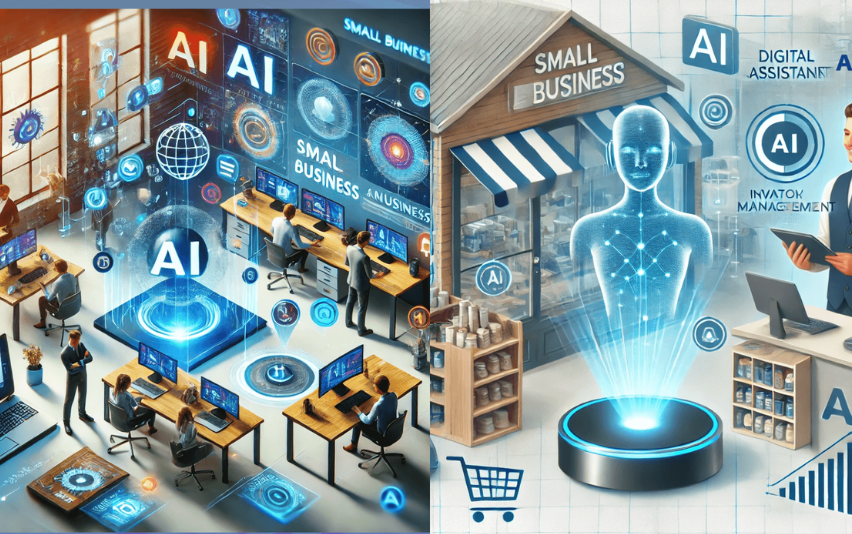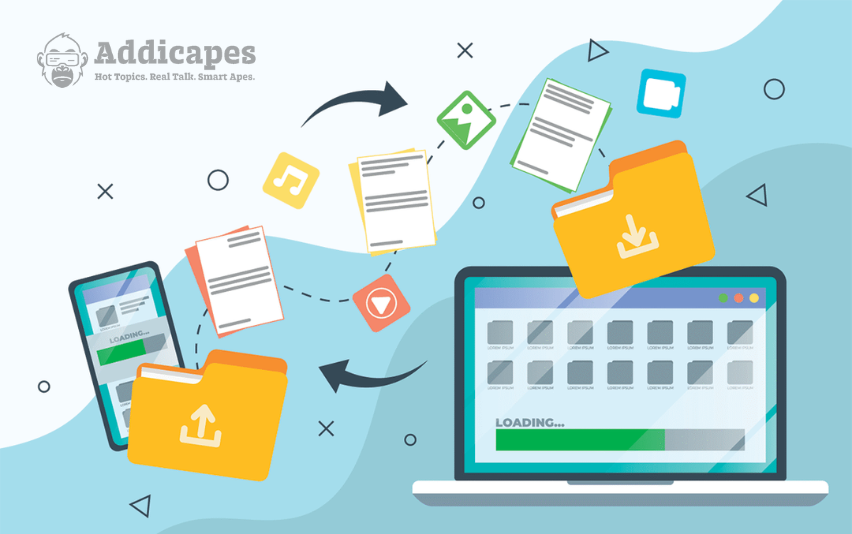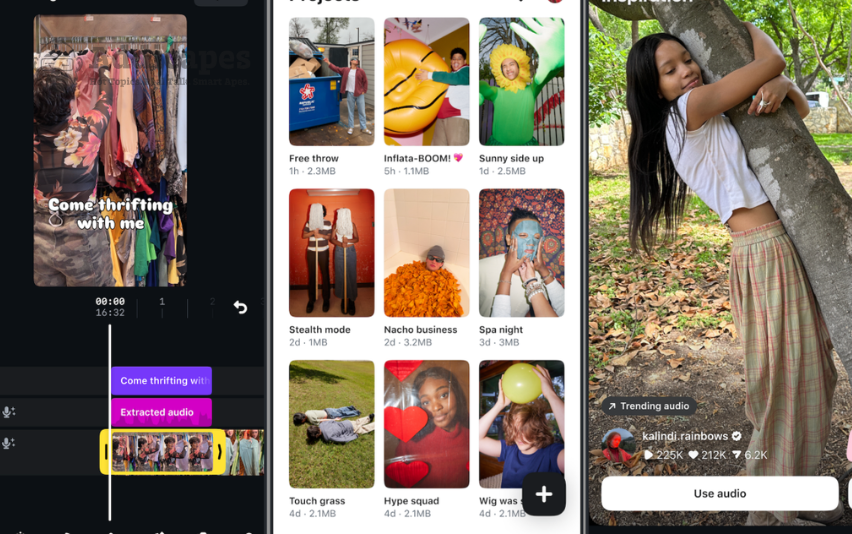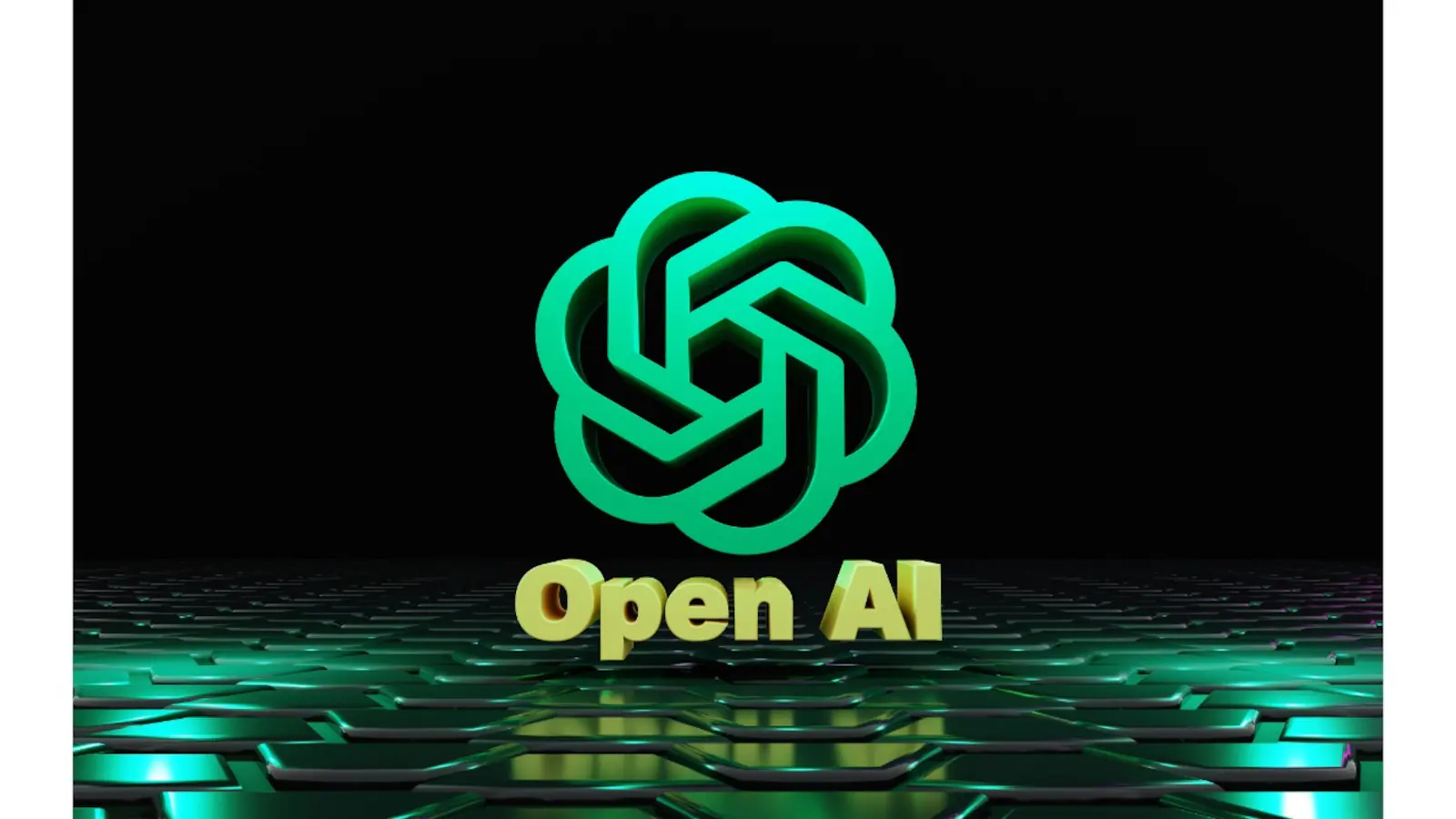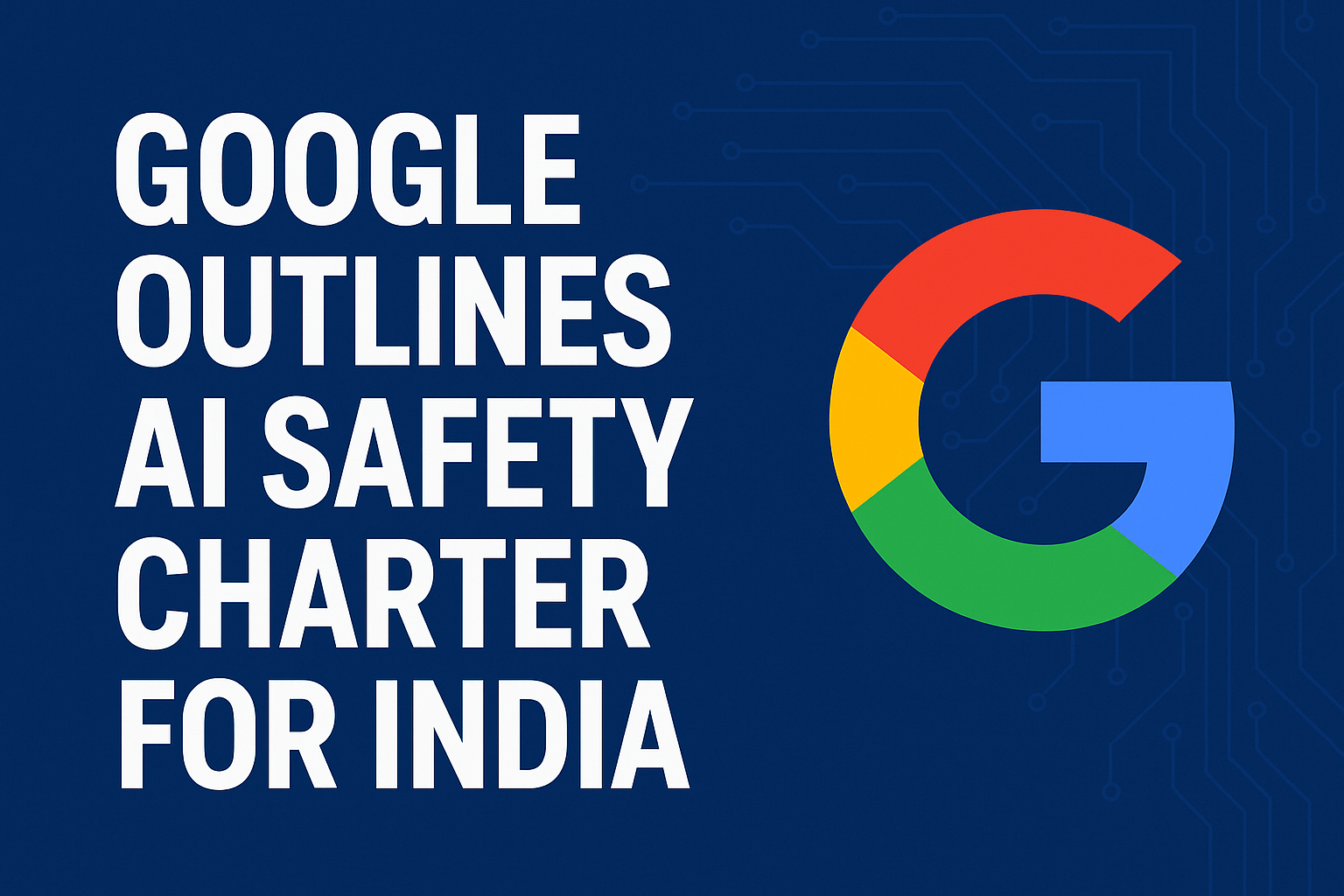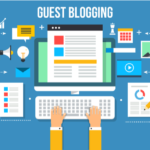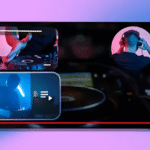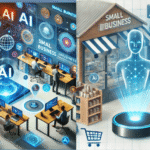From Traditional to Intelligent Marketing
Digital marketing has never been static. From the early days of banner ads to the rise of social media campaigns, strategies kept evolving. But now, with AI in digital marketing, we are seeing a transformation that is far deeper than just new platforms or ad formats. Artificial intelligence is not just a buzzword—it’s actively redefining SEO, advertising, content marketing, personalization, and customer engagement.
Businesses that still rely only on traditional strategies risk being left behind. In this blog, we’ll explore how AI-powered digital marketing tools are reshaping the industry, why they matter, and how companies can adapt to this new era.
Why AI is Becoming the Core of Digital Marketing
Traditional digital strategies relied heavily on human analysis, manual keyword research, and intuition-driven campaigns. But the scale of today’s data is overwhelming. AI bridges that gap by:
- Automating tasks such as email campaigns, social media posting, and bid adjustments in paid ads.
- Improving accuracy with predictive analytics and consumer behavior insights.
- Enhancing personalization by delivering hyper-relevant recommendations at the right time.
For example, when you type a query into Google, AI-driven SEO algorithms determine which website ranks at the top. When you scroll Instagram, AI decides which ad you’re most likely to engage with. The shift is clear: AI in marketing is now the silent engine behind customer journeys.
AI in SEO: Smarter Optimization Than Ever
Search engine optimization is one of the areas most transformed by AI. Marketers no longer rely only on keyword density—they need AI SEO tools that understand context, user intent, and search behavior.
Key AI applications in SEO include:
- AI Keyword Research Tools – Platforms like SEMrush AI and Ahrefs AI identify long-tail keywords, competitor gaps, and trending topics faster than any human.
- AI Content Optimization – Tools like Surfer SEO and Clearscope guide writers to create SEO-friendly content that aligns with Google’s ranking factors.
- Voice Search Optimization – With the rise of Alexa, Siri, and Google Assistant, AI-driven voice SEO strategies are essential.
- Predictive Ranking Insights – AI can predict how content will perform and suggest improvements.
AI in Paid Advertising: Smarter, Cheaper, Faster
Paid advertising used to be a guessing game. Marketers set budgets, tested creatives, and hoped for the best. Now, AI in PPC campaigns ensures precision targeting and real-time optimization.
- AI-powered Google Ads automatically adjust bids to maximize conversions.
- Facebook AI Ads Manager predicts which audiences are most likely to convert.
- Dynamic Creative Optimization (DCO) generates personalized ad variations in real time.
For example, an AI ad optimization tool can automatically pause underperforming campaigns and reallocate budget to high-performing ones—something manual managers could never do at scale.
AI in Content Marketing: Human Creativity Meets Machine Insights
Content has always been king—but with AI, it’s now becoming smarter and more data-driven. AI doesn’t replace creativity but enhances it by providing insights into what type of content audiences want.
- AI writing assistants like Jasper and Writesonic help create blog drafts, email copies, and product descriptions.
- AI content personalization engines recommend different blogs, videos, or offers to different users based on behavior.
- AI video and image generation allows marketers to quickly design ads without expensive production.
AI-Driven Personalization: Beyond Generic Campaigns
Personalization used to mean “Hi [First Name]” in an email. Today, AI personalization tools go far deeper.
- E-commerce AI tools recommend products based on browsing history.
- AI-powered chatbots offer instant, human-like customer support.
- Predictive analytics suggests when a customer is most likely to buy again.
A great example is Amazon’s recommendation engine, which is powered by AI and accounts for over 35% of its revenue.
AI in Social Media Marketing: Algorithms at Work
If you’ve noticed some posts go viral while others disappear, that’s AI at play. Social media algorithms are now powered by machine learning.
- AI analytics tools track engagement and predict best posting times.
- Social listening AI tools analyze brand sentiment across platforms.
- AI influencer marketing platforms identify the right creators for collaborations.
Marketers who understand how to align with these AI-driven social algorithms can maximize reach and minimize ad spend.
The Role of AI in Email Marketing
Email is far from dead. With AI, it’s smarter than ever.
- AI email marketing tools predict open rates and suggest subject lines.
- AI automation workflows ensure customers receive the right emails at the right time.
- AI-driven segmentation ensures personalization without manual effort.
Challenges of Using AI in Digital Marketing
While AI offers massive potential, it’s not without challenges:
- Data Privacy Concerns – Over-reliance on data can lead to compliance issues with GDPR and CCPA.
- Over-Automation Risks – Too much AI-driven automation may strip away human creativity.
- Learning Curve – Not every marketer is ready to adapt to AI-driven tools.
The key is balance—AI should enhance, not replace, human decision-making.
Future of AI in Digital Marketing: What’s Next?
Looking ahead, AI in marketing automation will become even more predictive, conversational, and immersive. With the growth of generative AI, expect:
- Hyper-personalized video ads created automatically.
- AI voice marketing with real-time customization.
- More accurate customer behavior forecasting.
Companies that adopt these strategies today will lead tomorrow.
AI in digital marketing is not a trend—it’s the foundation of a new era. From SEO optimization to personalized campaigns, from social media automation to AI-powered customer engagement, artificial intelligence is revolutionizing how businesses connect with audiences.
Marketers who still rely only on traditional digital marketing strategies will struggle to compete. The future belongs to those who embrace AI-driven marketing tools, AI personalization software, and AI automation strategies that redefine the customer journey.

